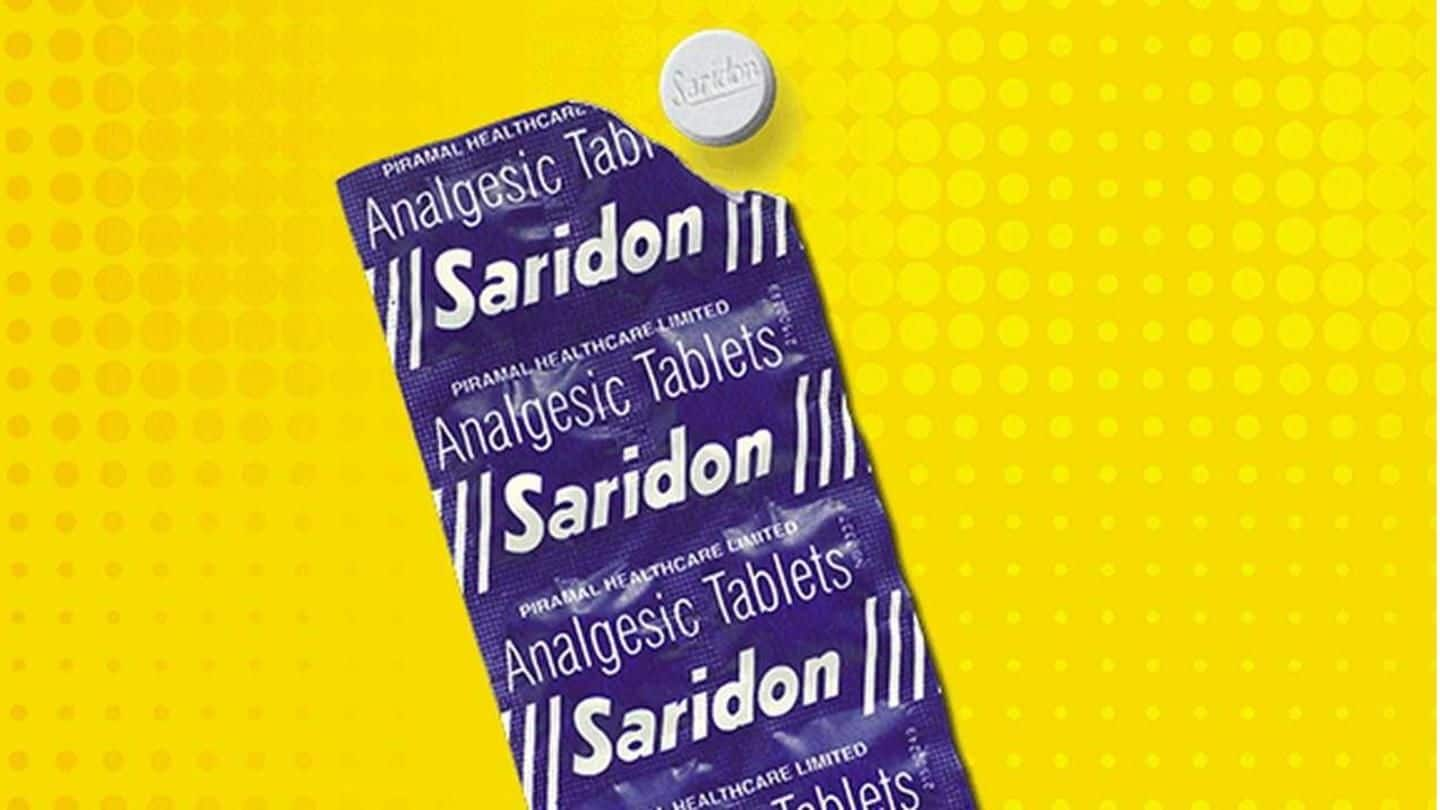
SC: Sale of Saridon, two other drugs allowed for now
What's the story
After the government banned 328 FDC drugs including the likes of household names like Panderm, Saridon, etc., the Supreme Court, on Monday, allowed the sale of Saridon and two other drugs, at least temporarily. The apex court's order came after pharmaceutical companies filed a petition challenging the ban. Now, the Supreme Court has asked the Centre to file replies on the petition. Here's more.
Definition
First, what are FDC drugs?
FDC drugs, or fixed-dose combination (FDC) drugs are medicines that have combinations of two or more active pharmaceutical ingredients in a single dosage form.
Ban
The ban on FDC drugs was imposed just days ago
In a move aimed at curbing the use of FDC medicines, the Union Health Ministry, on September 13, had imposed a ban on the manufacture, sale, and distribution of 328 FDC drugs, with immediate effect. The decision was taken by the ministry following the recommendations of the Drug Technical Advisory Board (DTAB) which held that these drugs had no therapeutic justification.
Context
Context: It had all started back in March 2016
In March 2016, the health ministry, acting on the recommendations of the Chadrashekhar Kokate Committee, had imposed a ban on 349 FDC drugs. The move had prompted pharmaceutical companies to challenge the ban in court, and the companies had moved the Supreme Court in December last year. Subsequently, the Supreme Court had referred the matter to the Drug Technical Advisory Board for further review.
DTAB verdict
Why the DTAB recommended that the ban be continued
During its review, the DTAB found that FDC drugs were "irrational", lacked therapeutic justification, and had safety issues. The DTAB also noted that many of these drugs were manufactured without due diligence giving rise to the possibility of dosing mismatches that could result in toxicity. Thus, for public safety, the DTAB recommended that the initial ban on FDC drugs be continued.